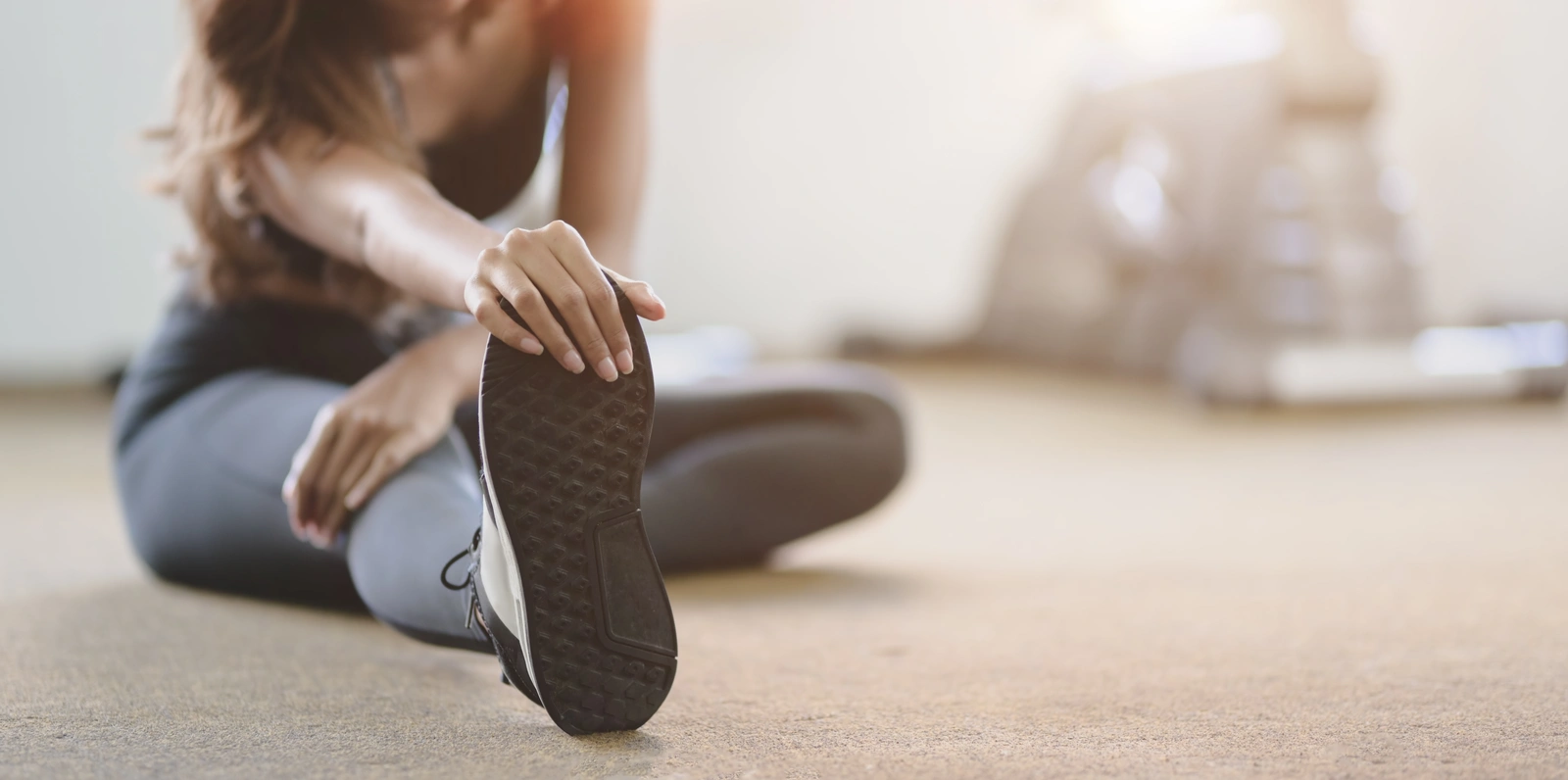6 Ways Exercise Can Help With Addiction Recovery
Written By:

Table of Contents
It’s no secret drug and alcohol addictions are a serious problem in America.
Fortunately, many addicts want to beat their addiction.
Unfortunately, between 40% and 60% of those suffering from substance abuse disorders relapse.
Various treatment methods are available to help patients recover and avoid relapsing. One of the most effective and natural ways to help patients through tailored addiction recovery is by exercising.
Physical activity provides full-body benefits that help addicts stick with their recovery plan and avoid toxic behaviors. Let’s explore some of the top benefits of combining exercise with addiction recovery.
1. Exercise Boosts Sleep
Many recovery patients experience insomnia while detoxing from alcohol or drugs. Insomnia occurs as the body and mind adjust to not having mood-altering chemicals in the body. The unrestful nights make it difficult for patients to stay motivated on their road to recovery.
Full-body workouts increase the amount of slow-wave sleep a person receives. Slow-wave sleep is also known as deep sleep. It’s the period when the brain and body are fully at rest. Slow-wave sleep is critical for feeling rejuvenated and awake during the day.
Patients going through the addiction recovery process are encouraged to stay active to increase the amount of slow-wave sleep they receive at night. When patients feel refreshed, they are more likely to stick to their recovery plan.
2. Exercise Passes the Time
An essential step in addiction recovery includes picking up new hobbies. Addicts must find ways to pass the time and keep their minds away from thoughts of drugs or alcohol.
Developing a new set of skills or participating in sober activities can prevent relapse and enable patients to reach their long-term health goals.
Working out is an excellent way to pass the time and boost your overall well-being. Recovering addicts can concentrate on setting and achieving fitness goals. Having attainable goals can prevent people from reverting to old, unhealthy habits.
Studies show that those who regularly engage in aerobic exercise are less likely to use and abuse illicit drugs. Working out is a fun and healthy hobby that encourages people to care about their bodies. Therefore, exercise enthusiasts are less likely to harm their bodies with chemicals and alcohol.
Best of all, working out is a sober activity. It’s not appropriate to hit the gym with a hidden flask or while high on drugs. In fact, it’s dangerous to be around exercise equipment while intoxicated. The gym is a safe space where addicts should not be tempted to engage in unhealthy behaviors.
3. Exercise Heals Your Body
Long-term use of drugs and alcohol leads to physical health implications. Many addicts are more likely to develop cancer, anemia, hepatitis, HIV, and mental disorders. A good exercise routine, however, can reverse physical damages and enhance your health.
Physical activity flushes bacteria out of the lungs. This reduces your risk of developing severe respiratory problems, like the flu or COVID-19.
Exercise stimulates antibody production by producing more white blood cells. These cells are present in the immune system and are essential in fighting off diseases. Physical activity helps the antibodies circulate through the body to prevent infections and stop illnesses from developing.
In addition to physical healing of the body, exercise also helps the mind. Many addicts suffer from anxiety disorders or depression. Working out slows down the production of stress hormones. Fewer stress hormones allow us to stay calm. It also enables our immune systems to operate and fight off diseases.
4. Workout Routines Create Structure
Following a weekly exercise schedule helps patients develop structure in their lives. Structure is an essential part of addiction recovery. Following healthy routines can prevent recovering addicts from suffering a relapse.
Addictive behaviors lead to an unmanageable and chaotic lifestyle. Mind-altering substances create changes in brain structure, making addicts feel disorganized.
Following an exercise routine helps addicts feel composed and in control. Sticking to a group exercise schedule or hitting the gym at specific times gives recovering patients a plan. They can structure their day around their workouts, which keeps them on a healthy path.
5. Exercise Enhances Self-Confidence
How we feel about ourselves impacts our self-esteem. Researchers have been investigating the effects self-esteem has on our behaviors. Some studies point to a link between low self-esteem and addiction, theft, and more.
Both recovering addicts and non-addicts can experience a boost in self-confidence from exercising. Regular workouts improve our body image and allow us to achieve our goals. People often express feeling better about themselves following a workout.
As you set and reach your fitness goals, you gain a sense of accomplishment. The more you achieve, the more emotional stamina you have, making you feel confident and unstoppable. These emotions play a key role in helping recovering addicts stay on track.
Of course, regular exercise will also tone and shape your body. It will make you look and feel stronger. As a person feels better about their physical abilities and physique, their self-esteem should also increase.
6. Fitness Classes Create Supportive Environments
Support groups play an important role in beating an addiction to alcohol or drugs. Having a strong support system helps patients feel less alone and more determined to leave harmful habits behind.
In addition to group exercise classes providing structure to an addict’s lifestyle, the classes also give patients an extra boost of motivation and support.
Group workouts are designed to include everyone. Instructors inspire participants, cheer everyone on, and make attendees feel like they are part of a team. The supportive environment helps addicts stick with their exercise routine, develop new friendships, and feel encouraged to maintain a healthy lifestyle.
Start Your Road to Addiction Recovery
Addiction recovery is not easy. But adding physical activities and regular workouts to your routine can help you embrace a healthy lifestyle and prevent a relapse.
At SOBA New Jersey, our dedicated team of addiction specialists works with patients to develop successful recovery plans. We set our patients up to reach long-term health goals and leave their toxic addictions in the past.
Contact us to learn more about our addiction recovery services. Our team is always available to listen, give advice, and help you or a loved one overcome addiction.


